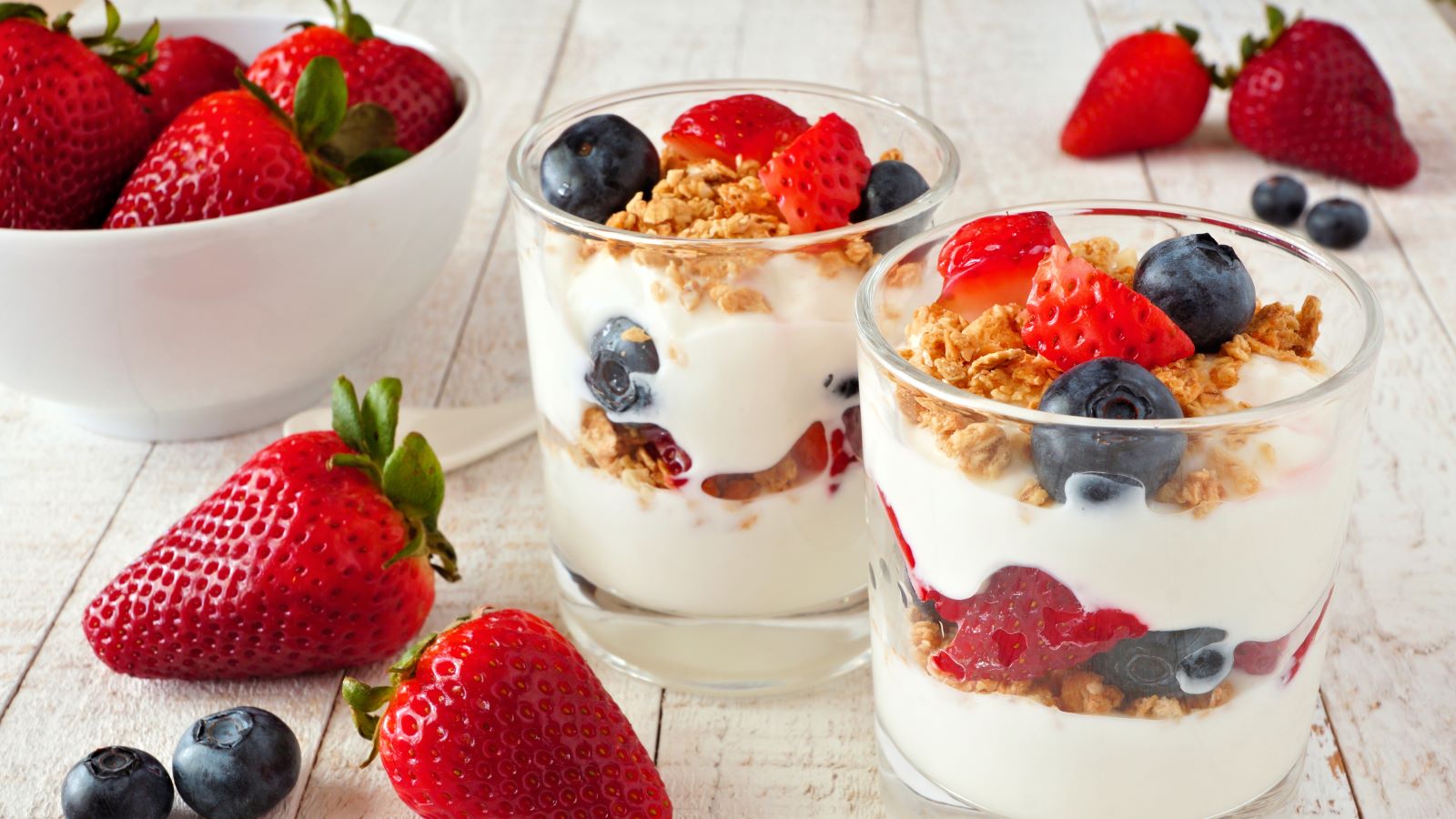A salad might not top your cravings when depression sets in, but it could be just what the doctor ordered.
That’s because food not only affects the body physically, it can impact mood as well, according to Carla Schnitzlein, DO, a psychiatrist and medical director of Natchaug Hospital, part of the Hartford HealthCare Behavioral Health Network. The reason, they add, is as much what we don’t eat as what we do.
“While there’s no single ‘super food,’ what we eat can absolutely impact our mood,” Dr. Schnitzlein says. “A diet that doesn’t include key nutrients can leave us feeling fatigued or, in extreme cases, lead to cognitive changes.”
Connect with the HHC Behavioral Health Network
Comfort foods and sweets can hurt more than they help.
Depression might cause cravings, but the pint of cookie dough ice cream that you’re eyeing is exactly what you shouldn’t do to feel better, says Dr. Schnitzlein.
“You may feel comforted in the moment because the food triggers ‘feel good’ chemicals in our brain, but later you may experience a crash or even feel guilty because of the indulgence,” Dr. Schnitzlein says.
But your favorite meal or treat isn’t necessarily off limits. The key is to not to associate it with the stress or depression you’re feeling, they say. That connection can cause unhealthy eating habits and unwanted negative feelings in the long-term.
Start with a well-balanced diet.
In general, a well-balanced diet can reduce the risk of being deficient of any nutrient and is a good starting point, says Dr. Schnitzlein.
That can help prevent issues like fatigue, memory issues or other negative mental health feelings.
> Related: 10 Food Swaps to Make Today, According to a Dietitian
Anti-inflammatory foods can also help.
“When our body deals with chronic stress or many medical conditions, it triggers an inflammation response where the body releases chemicals to address the situation. Chronic exposure to these can create a sense of fatigue, exhaustion and mood changes,” they explain.
At the same time, foods that cause inflammation – trans fats, refined sugar and refined grains – can contribute to depression.
“A well-balanced diet, in conjunction with other lifestyle changes, helps many of my clients feel better about themselves and have more energy to engage in activities that support overall mood improvements,” Dr. Schnitzlein says.
3 foods to help with depression.
Some anti-inflammatory foods include:
- Fruits and vegetables. Berries and leafy greens are the best choices.
- Salmon or other fatty fish.. The omega-3 fatty acids help reduce depression. Along with salmon, try mackerel or sardines.
- Yogurt. Research shows the probiotics in fermented dairy products boost gut health, which is connected to mental health issues like depression.



